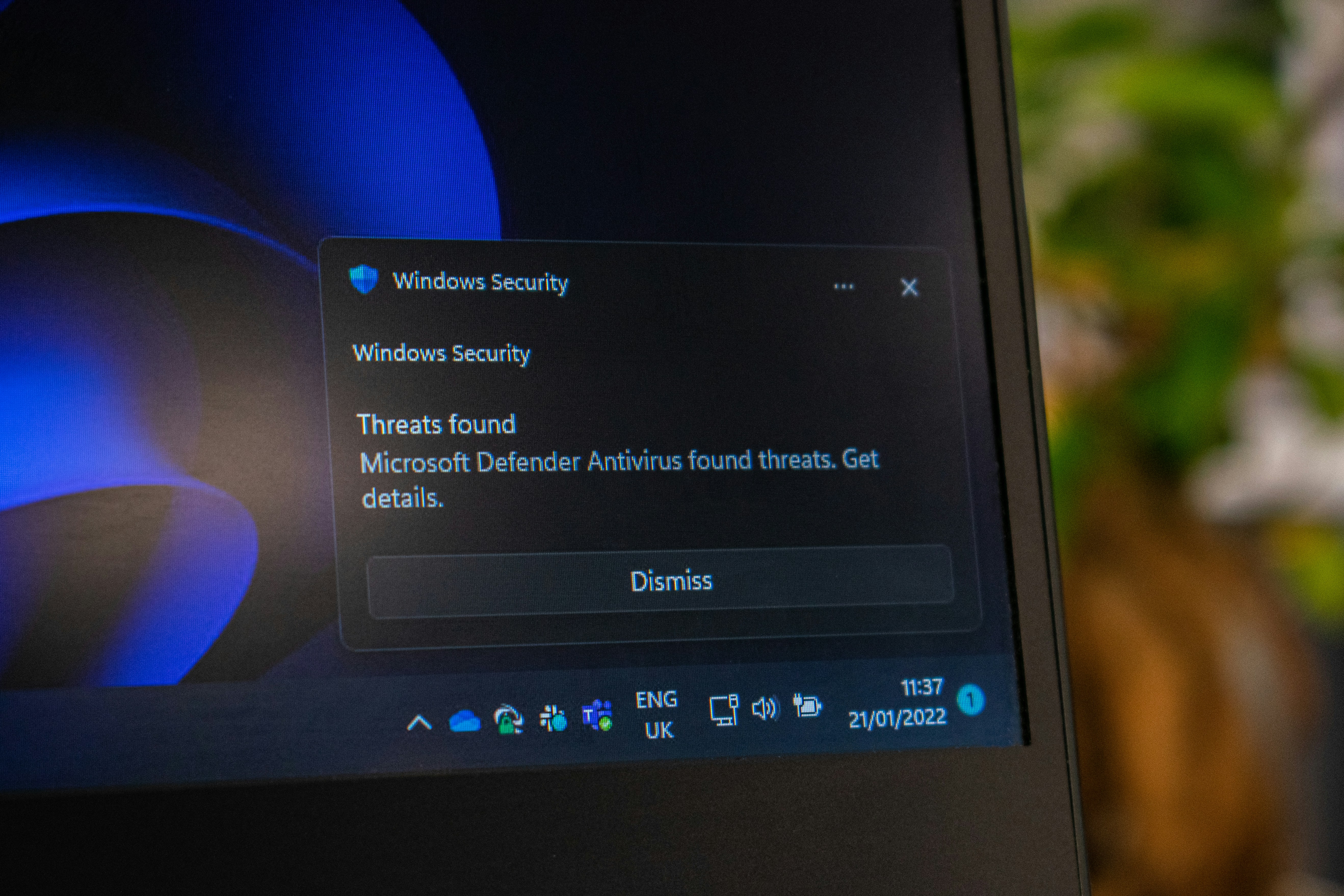The Office of the Prosecutor of the International Criminal Court invites public comments on its draft policy addressing cyber-enabled crimes under the Rome Statute.
The Office encourages participation from all relevant stakeholders, including States Parties, civil society organisations, private sector entities, and experts in the field.
Contributions will support the development of a final policy paper that will guide the Office’s approach to cyber-related conduct within its jurisdiction, including its investigative and prosecutorial activities.
The policy paper builds on the crimes outlined in the Rome Statute, assessed within the broader framework of international law.
It aims to enhance transparency regarding the Office’s work in this area and contribute to discussions on legal standards, best practices, and frameworks for cooperation, including those relevant to national authorities.
The draft policy clarifies that the Court does not have jurisdiction over common cybercrimes, such as fraud or unauthorised access to computer systems, which are typically addressed under national laws.
While some countries have international obligations to prosecute these crimes under specific treaties, they do not fall within the mandate of the Court. However, national efforts to combat such crimes may sometimes overlap with the Court’s work where they intersect with crimes under its jurisdiction.
To date, cyber-related issues have only been considered at the periphery of the Court’s work, and their legal and practical implications have yet to be fully explored.
Investigating and prosecuting cyber-enabled crimes presents new and complex challenges. This policy sets out the Office’s current position on these issues while recognising that certain matters may only be fully addressed as the Court’s practice in this area develops.
As with any crime under the Court’s jurisdiction, cyber-enabled crimes will be assessed based on their gravity—including their scale, nature, manner of commission, and impact.
The Court focuses on crimes of the most serious international concern, typically those causing widespread harm to large populations.
An exception applies to offences against the administration of justice, which are not subject to a gravity threshold but are considered serious due to their impact on the Court’s ability to function.
For more information on these topics, visit diplomacy.edu.










